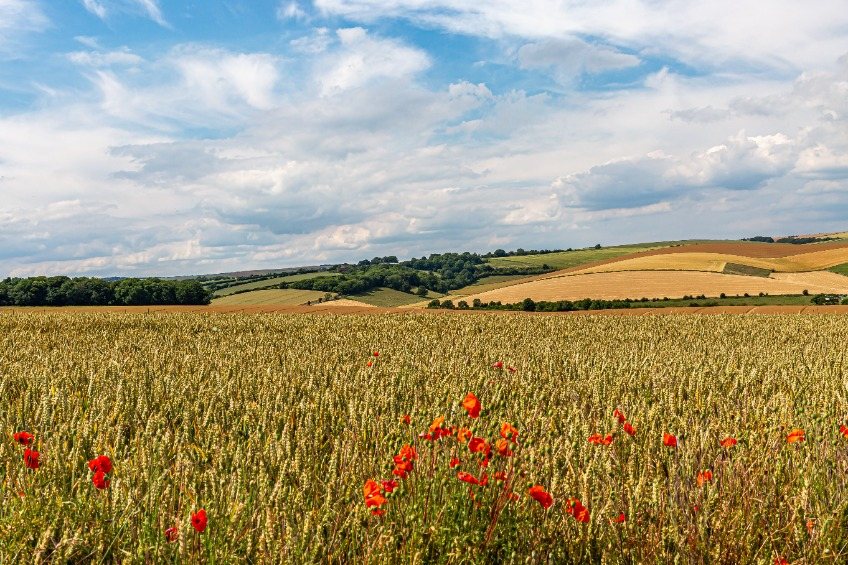
Farmers must put nature into the centre of food production or risk an 'existential threat' to UK food supplies, Natural England chair Tony Juniper will warn today.
Mr Juniper will commend existing environmental projects being carried out by farmers while reminding them the future of agriculture is "reliant" on sufficient water resources, healthy soils and pollinating insects.
Emphasising the importance of food production and nature as a partnership, Mr Juniper will make the comments at Natural England’s Farming for Food and Nature Conference in Birmingham.
He will say: “It’s sometimes said that you can’t go green if you’re in the red. There is of course some truth in this, but it also implies what is a false choice, through presenting food production and nature as alternatives rather than essential partners.
"Indeed, I’d say the reverse is actually more true: that is, that farm businesses can’t stay in the black for long if nature is in the red.
“The false choice has appeared more plausible and has been magnified in the clamour to intensify agricultural output following Putin’s invasion of Ukraine, with some commentators claiming we need to prioritise food security over nature in order to maintain food supplies."
He will say: “It is right for questions to be asked about the extent to which making more space for species and habitats will mean less space for farming, but it is also vital that we find answers based on evidence and rooted in reality.
“When we do that then it is clear that we must, and can, do both – restoring nature while also feeding ourselves. Agriculture is the economic sector most directly reliant on a healthy environment."
Stressing that nature and food production must “go hand-in-hand”, Mr Juniper will highlight the need for "urgent action" on nature recovery.
He will say: "Stable climate, sufficient water, pollinating insects, healthy soils and natural pest control are among the assets that render farming viable, and the more we protect those, the more we enhance food security.”
Mr Juniper will also highlight the importance of the government delivering on the Environmental Land Management scheme (ELM) that will see farmers paid for work that enhances the environment.
He will explain that the post-Brexit policy presents an opportunity for the farming industry to accelerate a "country-wide transformation".
"For the new schemes to be a success we must build upon the good work that farmers have been putting in place for many decades, from targeted action for farmland birds to better management of water courses.
“This is about the intelligent use of the land that we have to produce multiple benefits, food for sure, but also carbon capture, flood risk reduction, wildlife recovery and beautiful landscapes.”
The Natural England chair will also demonstrate how farmers are ready to deliver both sustainable food production and the protection of the environment.
He will say: “All of this would help to make the most of farmers’ unparalleled sense of place – and pride in that place. Many trace their family connections to the land not in decades, but centuries.
“In the past their pride in connection to the land would rest on the quality and quantity of their crops and livestock.
"Many now derive equal pride in other things that the land must also provide".
